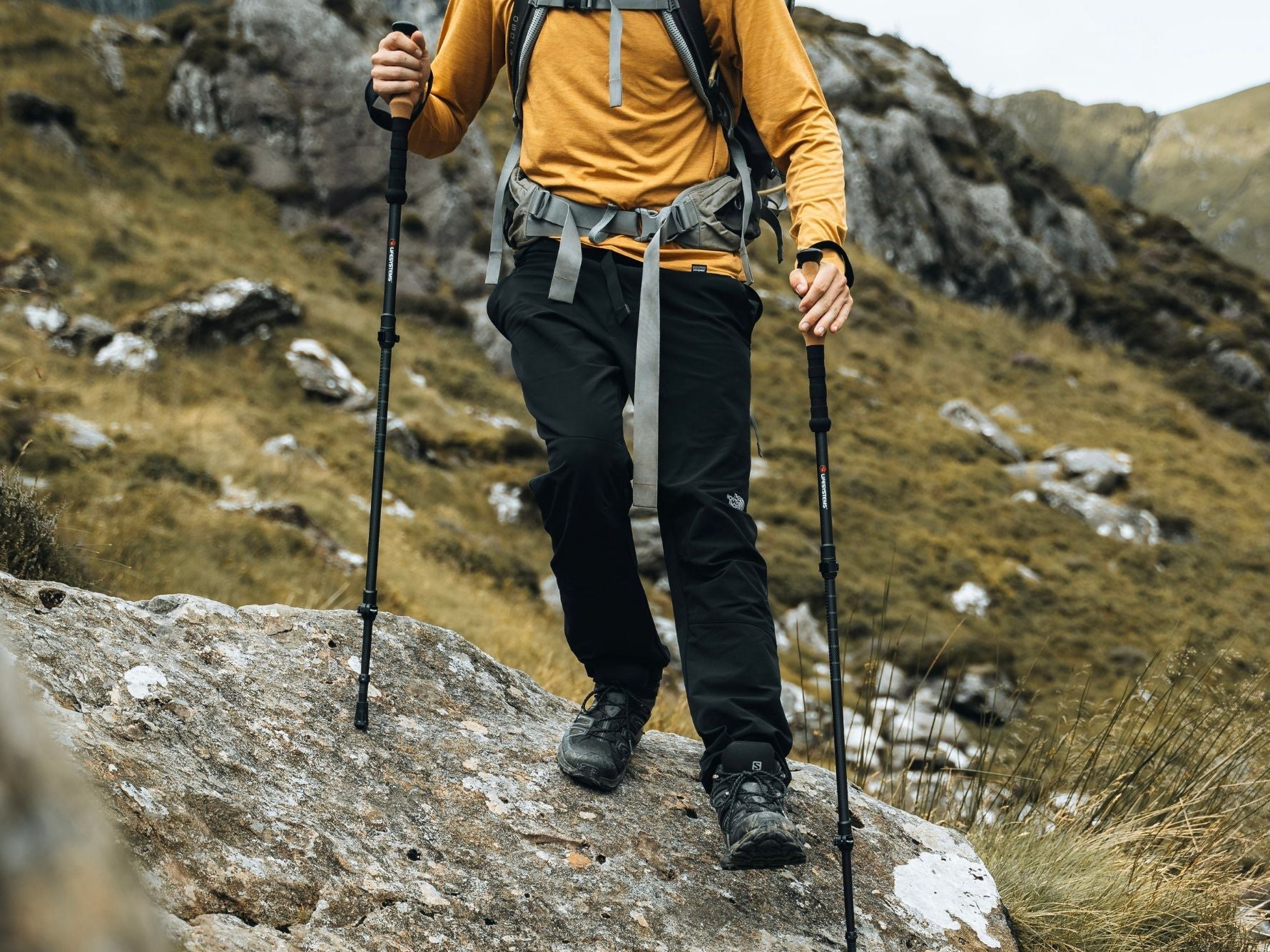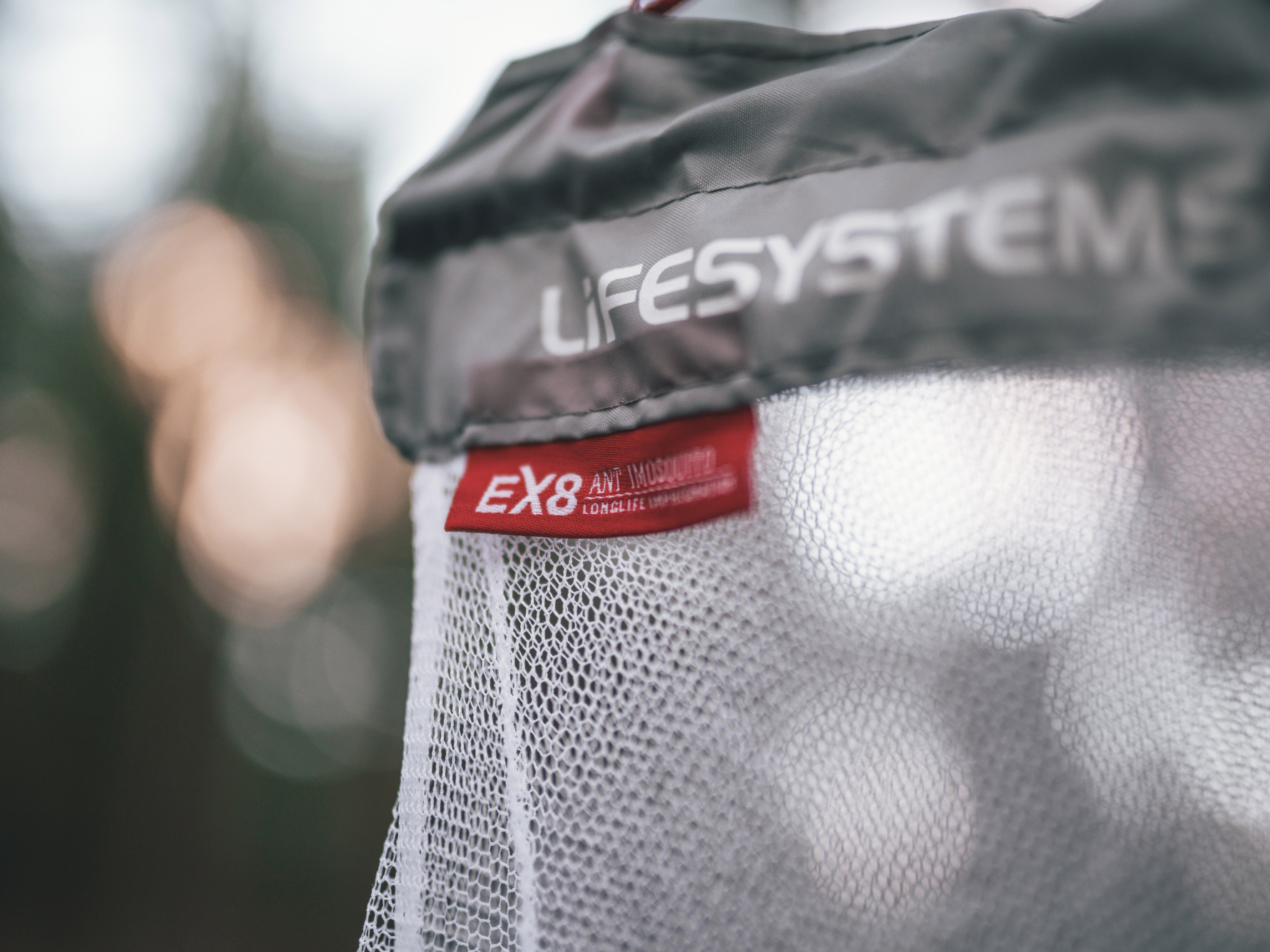Cheviot Goat Winter Ultra Run 2019
- Blog

The Cheviot Goat is a 55 mile ultra marathon run through the Cheviot Hills in Northumberland every December. The race takes its name due to the fact that during the harsh winter months all livestock is brought down off the hills and only the hardy Cheviot goat remains to brave the winter…

The Cheviot Goat is not your average Ultra marathon. The terrain you must traverse already marks it out. I always describe the Cheviot Hills to my friends as ‘Dartmoor on steroids’. Huge bleak hills, boggy moorland and sweeping valleys that funnel the wind into brutal gusts. If that wasn’t enough it is run in the middle of winter and winter in the Cheviots is no laughing matter. The race is also self-navigated and for the main unsupported. There are no aid stations filled with sweet treats and energy drinks. No bright yellow arrows or tape marking your way. Just you and what you can carry.
That isn’t to say you are entirely on your own, mountain rescue aid some water stops on route, and there is a farm midway where you can resupply from a drop bag. The kit list is thorough and the organizers make sure you are going up into the hills prepared for the worst.
The starting line reflects the race. As I looked around everyone looked ready and able, with a shared sense of a tough day (and night) ahead. It was six in the morning and we are stood at the start and finish point next to a visitor center in Ingram. The race was to be run in reverse this year and I had only discovered this the night before. A storm was forecast that evening. If anyone got in trouble on the second, more remote, half of the route it would be hard getting them down off the hills. For safety reasons it was deemed we would run the second half first, hopefully getting everyone through it before the storm hit.
The race started by being led up a road section by a car. We followed the hazard lights and I soon settled into a quick trot behind the lead group. The route then cut off onto trails and we were climbing through muddy fields. The first climb flew by on fresh legs and soon enough we were in the hills proper. Muddy fields turned into muddy moorland. The inclines increased and I was soon scrambling round rocks. I turned around at one point and was greeted by a train of headlamps stretching back to the start line, above them the horizon was just starting to turn pink. It was a magnificent sight.

I managed to stick near the front and the going underfoot became runnable stone slabs. A lot of the route was like this, big heavy stone slabs laid over the ground. We then came to the Cheviot, the highest point in the Cheviot Hills. There was a small out and back stone track to the summit, I ran up and touched the ordnance marker and then enjoyed the feeling of running back downhill. I passed quite a few runners coming up behind me as I flew down. With words of encouragement between us I continued my descent, I was now running alone through mist.
The going soon became soft. Really soft, like water soft. I seemed to have a knack for finding bogs. I went in up to my thighs five times. The problem was the stone slabs, occasionally they would disappear under puddles. This usually saw you running through the puddle. But every now and then there would be no slab under the dark water and you would sink up to your waist in a cold wet bog. Fun times. The only solace I took was seeing it happen to other runners, this was tough going for all of us.
I came off the hills and was soon running along a four mile stretch of valley road. After hours of battling bogs, it felt good to run. But soon the running was feeling hard, I knew the halfway point at Barrowbarn farm was at the end of this road, so I pushed on. Reaching the farm I was feeling pretty beat. I declined the offer of hot soup and a fire indoors (I didn’t trust myself to leave) and instead sat down outside. My drop bag was brought to me, someone filled up my water bottles and I had soon resupplied pack with gels. With thanks to the volunteers and encouraging words back I cracked on.
The second half of the race was better going than the first, with runnable trails and grassland. Just when I was getting comfortable, I was back battling bogs and climbing steep hills. The weather started to turn, the wind picked up and it began to rain. A thick mist started to form. I was now on the high ground and the wind and rain were both hammering me from the side. I could see why mountain rescue were concerned: conditions were really brutal. I came to a mountain rescue station and saw a poor bloke battling with a tent. He was literally holding it down from being blown off the hill. This was serious weather.

Shortly after I was coming down from the hills and the wind dropped. It was getting late and the light started to fade. I switched my headtorch on but the mist that had now settled made visibility a few feet at most. But I was getting close and with that spurring me on I found a second wind. The trail now turned into dirt roads, I made the most of the terrain and began to push harder. I passed a handful of runners on those last miles, finding new strength in my legs.
The last descent seemed to stretch forever, but eventually I was running into Ingram. The finish line was the entrance to the Ingram café (a very welcome touch). I collapsed at a table and a warm bowl of soup was thrust into my hands. I was beat but happy with my performance, smiling I tucked into my soup.
The Cheviot Goat is a tough winter ultra, but if you are willing to brave the Cheviots in December, the rewards are well worth it.
By Ben Wood - Ben is an ex-marine and a personal trainer. He and his friend Max Cotton also did some podcasts on the event called ‘PE for Grownups’. Find out more at https://benwood.fitness/
Find out more about the Cheviot Goat at https://cheviotgoat.com/



